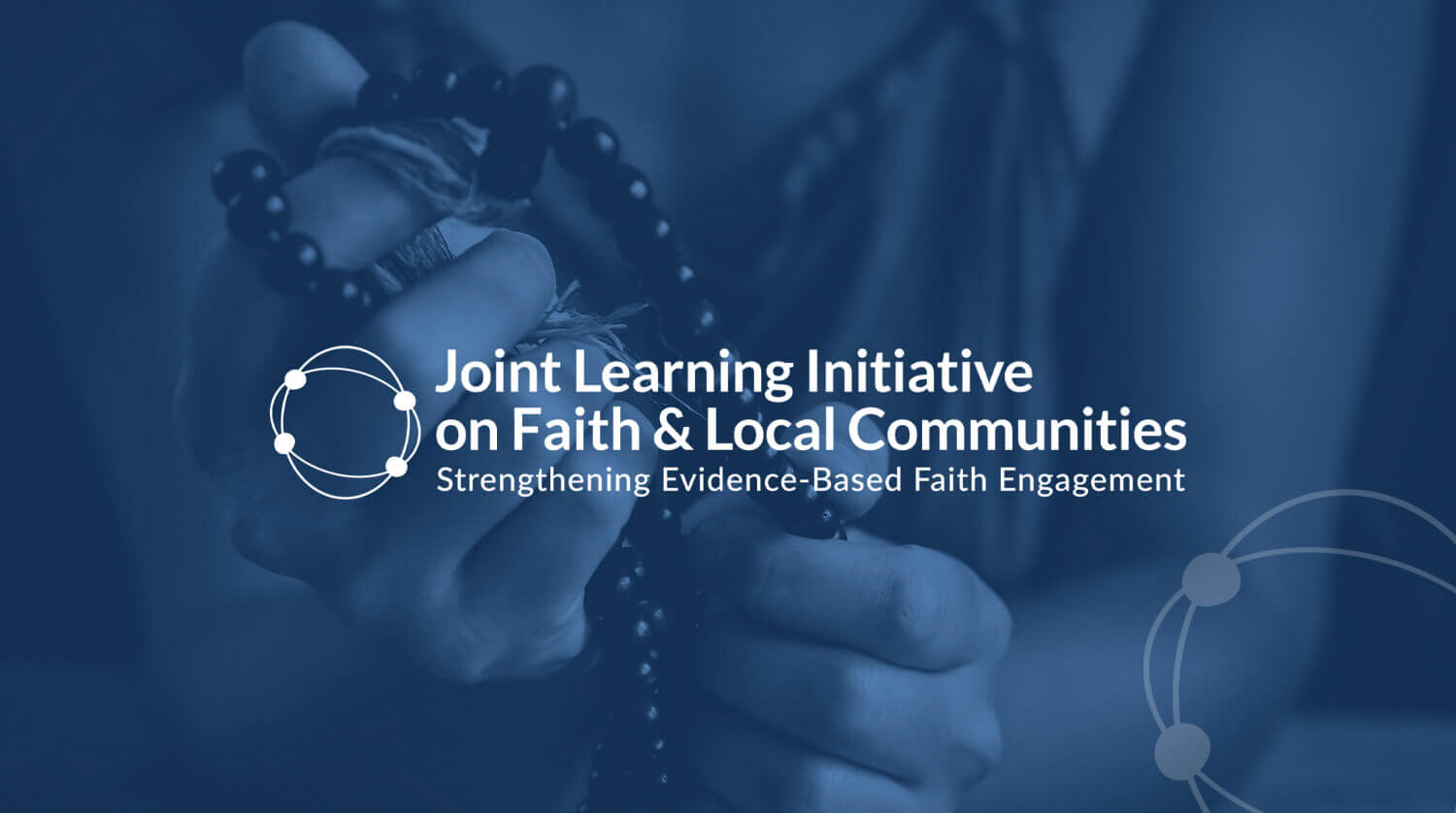The JLI Gender-based Violence Hub held a webinar for an online discussion on Faith and Gender Justice on June 13, 2019.
The webinar speakers included Professor David Tombs, University of Otago, and Shahin Ashraf, Islamic Relief Worldwide. The webinar was moderated by Dr Elisabet le Roux, Stellenbosch University
Dr David Tombs spoke on his recent work ‘When did you see me naked’ project: How recognising Jesus as a victim of sexual violence may help the churches and FBOs to better address SGBV. The work outlines the biblical evidence and historical context for identifying Jesus as a victim of sexual violence through repeated stripping and forced nudity and the possibility of further sexual assault in the praetorium. It examines why the sexual humiliation and sexual violence experienced by Jesus remains ‘hidden in plain sight’, and unacknowledged as sexual violence, and how a contextual bible study might help to address this. It also explores the potential significance of this for addressing the stigma associated with sexual violence in churches and wider society, and why this matters for FBOs working on SGBV.
Shahin spoke about the Islamic Relief’s Gender Justice work and the ‘Islamic Gender Justice Declaration’ a global platform of Muslim civil society organisations dedicated to addressing the many injustices that women and girls face as a result of poor faith literacy, oppressive culture and structural power imbalances.
Webinar Speakers:
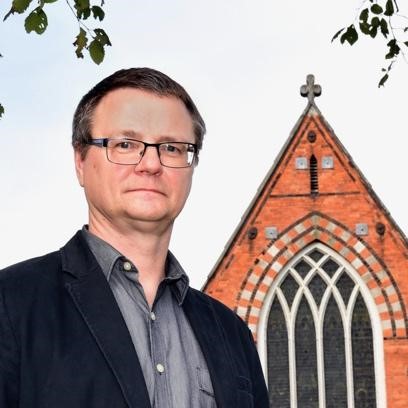
Professor David Tombs
- Director of the Centre for Theology and Public Issues / Centre for Theology and Public Issues at University of Otago
- David Tombs is the Howard Paterson Chair of Theology and Public Issues, at the University of Otago, Aotearoa New Zealand. He has a longstanding interest in contextual and liberation theologies and is author of Latin American Liberation Theologies (Brill, 2002). His current research focuses on religion violence and peace, and especially on Christian responses to gender-based violence, sexual abuse and torture. He is originally from the United Kingdom and previously worked at the University of Roehampton in London (1992-2001), and then in Belfast, Northern Ireland, for the Irish School of Ecumenics, Trinity College Dublin (2001-2014).

Shahin Ashraf, MBE
- Head of Global Advocacy at Islamic Relief Worldwide
- Shahin works on campaigns focused on gender, climate change and refugees. With over 25 years of experience, she is a faith and development expert, with a particular focus on sexual and gender-based violence (GBV). Her additional areas of expertise lie in the intersection of gender, social inclusion and social protection with a particular focus on authority and guardianship. In addition to having first-hand experience of working with women in humanitarian and development contexts. Shahin has worked at senior level at a number of global humanitarian, women’s rights and civil society organisations. She has conducted a wide range of policy research projects in a number of countries.
Gender Justice and Faith Webinar ppt

Related resources
Recognising Jesus as a victim IR Gender Justice Policy Religion Development and GBV
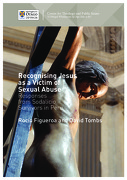
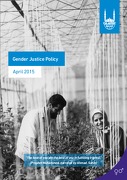
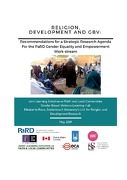
Read the FGM Summary Read the Early Forced Marriage Summary
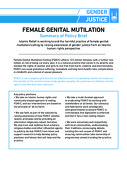
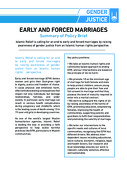
One cut too many Policy Brief Don’t Force Me Policy Brief

